William Hurley, also known as whurley, is the serial entrepreneur behind creative technology studio Chaotic Moon and fintech startup Honest Dollar. The former was acquired by Accenture, and the latter by Goldman Sachs. Now he leads Strangeworks, a startup that aims to bring quantum computing to the masses.
Whurley compares being a serial entrepreneur to having a bad gambling habit — yet somehow he keeps coming out ahead. So what does he know about building successful companies that most entrepreneurs don’t?
He recently spoke at a WeWork event where he was asked about the secret to his success. He looked around the co-working space and noticed most of the offices were empty. It was shortly after 5 p.m.
“Startups don’t like significant others, other jobs, family or hobbies.”
“See all of these offices that are empty?” whurley told the crowd. “These are all startups that will be out of business, because it takes an immense amount of work to succeed.”
In his experience, starting a company is an all-consuming endeavor.
“Startups don’t like significant others, other jobs, family or hobbies,” whurley tells me. “It can be extremely, extremely thankless. People don’t understand that.”
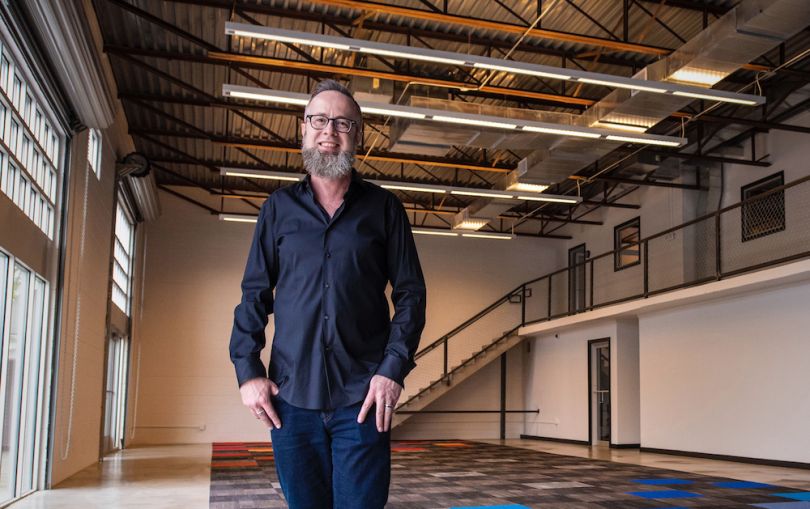
Joanna McFarland agrees that starting a company takes work, but her stance isn’t as drastic as whurley’s. She’s worked hard to make her company, HopSkipDrive, what it is today, but she hasn’t sacrificed time with her family or missed her kids’ dance recitals to do so.
“You have to give everything you can give to make [your company] successful. But if you’re giving everything to it, that won’t help the business,” McFarland says. “You have to have boundaries and balance. You have to have other things in your life.”
“You have to have boundaries and balance.”
McFarland came up with the idea for HopSkipDrive with Carolyn Yashari Becher and Janelle McGlothlin, while they were all at a child’s birthday party. The trio was discussing the challenges of transporting their kids between school, extracurricular activities and various social engagements, all while they worked full-time jobs.
McFarland joked that the moms should just pool their money together for a van and a babysitter to drive their kids around. Years later, the three co-founders are leading a successful transportation company for kids that spans several cities in the U.S.
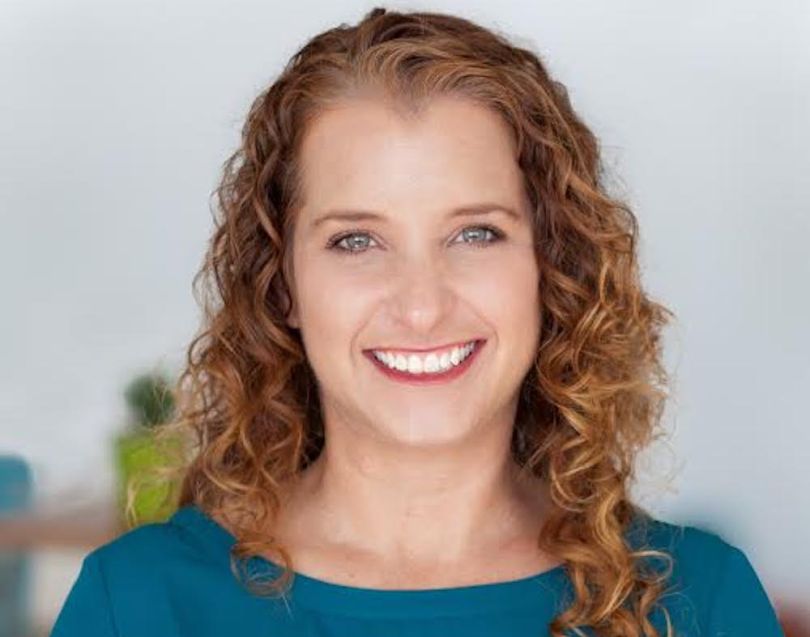
Like McFarland, Edward Madongorere also built his company around an “aha” moment. Madongorere and his wife had a habit of taking pictures of wherever they went. While out at dinner at a dimly lit restaurant one night, Madongorere, who has a background in cinematography, came up with an idea. He took his phone and his wife’s phone and put them back to back, using one for lighting and the other to take a selfie.
When Madongorere saw another couple do the same thing, he realized he was onto something.
Today, his startup, Moon Selfie, manufactures a small clip-on photography light for phones, tablets and laptops. Madongorere never saw himself starting an electronics company — his background was in film and design and he never went to college — but when the idea hit him, he had to follow it to see where it led.
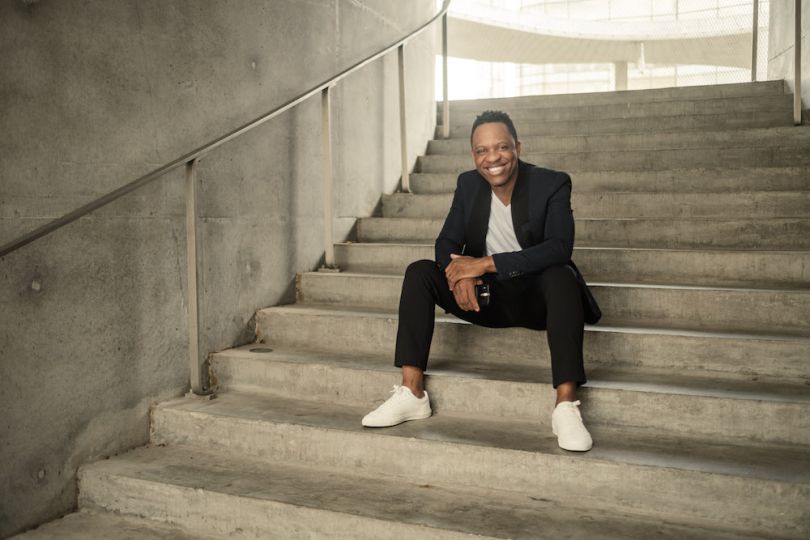
There is no one way to run a company, but that doesn’t mean you can’t learn from other founders. So we caught up with whurley, McFarland and Madongorere to hear about their stories and the life lessons they’ve learned along the way. Here’s some of the advice they shared:
It’s impossible to build a successful company on your own.
Whurley: The myth of the visionary founder is not true. It doesn’t matter which founder you’re talking about; a billion things happening behind the scenes are powering their success. Without teams, they wouldn’t have made it anywhere.
Surround yourself with people whose skills complement yours.
McFarland: Me and my co-founders have complementary skill sets. Carolyn is a lawyer, Janelle is a brand strategist and I have a background in product development and finance. We developed a very strong partnership from the outset, learning how to not be afraid of conflict, while also being respectful. We learned how to make decisions together and move on.
Madongorere: My co-founder has a background in engineering, and there’s nothing he cannot do. I remember pulling out my concept drawing to show him what I was working on, telling him what my skill sets were and asking him about what he’s good at. He said: ‘The opposite of what you're good at.’ So I asked if he wanted to work with me.
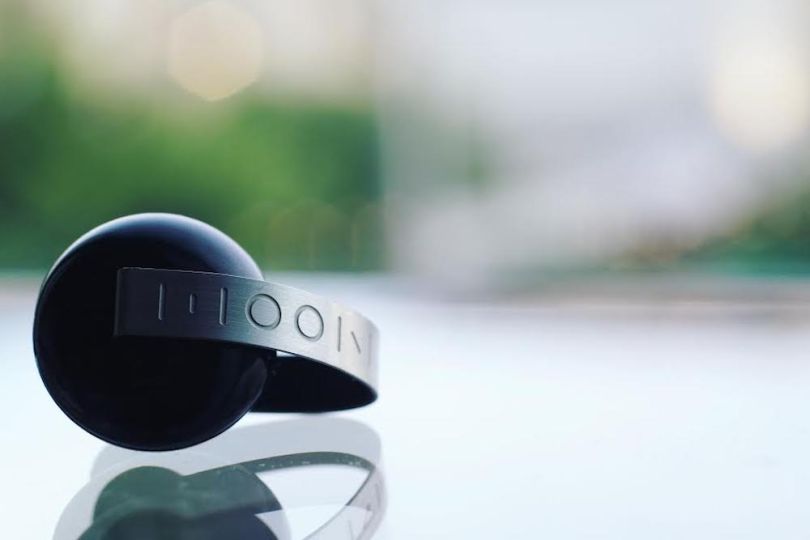
Know when to give the reins to someone else — whether it’s a project, function or the company entire.
Madongorere: When we brought in our head of marketing, Erica, she encompassed everything that I was looking for. I knew intuitively that I had to trust her and let go of control because it would free up my time to focus on other aspects of business — but it was hard. Once I did, things moved even faster than I anticipated.
Whurley: I think every startup outgrows every founder. You should know when you’re no longer providing massive leverage value to the company you started. Maybe it’s on your skill level, maybe the company’s going in a different direction — whatever the case may be. Being transparent with the people you work with and being honest with yourself about when you should exit is ridiculously important.
Starting a company involves a lot of emotions, but try not to let it get the best of you.
Whurley: Using data, not drama, will take you further than you think. Emotionally, you may think that you need to just drive on, but if the writing’s on the wall, you have to be able to look at things objectively. It’s extremely hard. You need that emotional drive to spend all those hours late at night working, not seeing your family when there’s no such thing as a work-life balance.
My best advice for founders is there’s no decision that you can’t sleep on for 24 to 48 hours. I guarantee — no matter how mad you are, or excited you are, whatever — if you wait and come back with fresh eyes, the decision will look different.
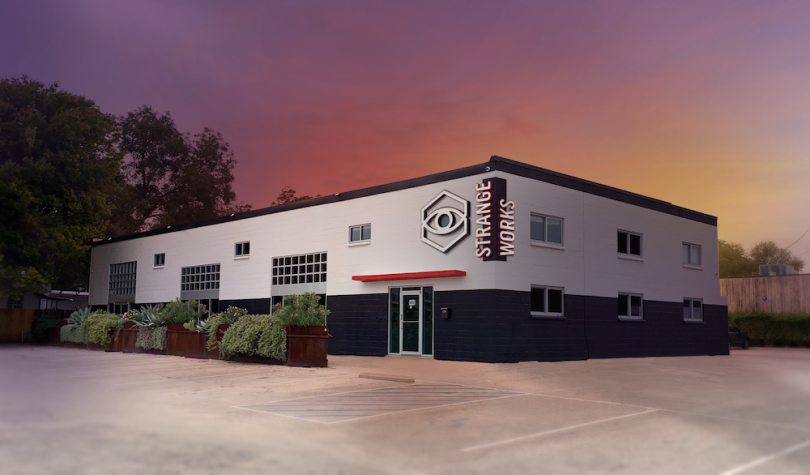
Don’t lose sight of the bigger picture of what your company hopes to achieve.
McFarland: We are a very mission-driven company, and we have been since the beginning. We’re removing mobility barriers for schooling, and it’s really rewarding to work for a company that’s making such a positive impact. I don’t think I could just start any company — I could only start one that means something to me.
Don’t be intimidated when meeting successful people.
Madongorere: My mom taught me at a very young age not to get starstruck. The minute you put somebody on a pedestal, you set yourself up for failure by lowering yourself. Because of that, whenever I meet someone, I just go up to them and say hi.
Don’t waste an opportunity.
Madongorere: I lived in Africa for four years as a kid. I met relatives of mine who had no shoes, while I was walking around with brand new Reebok pumps. There are people out there bathing in a river, waking up in the morning to tend to the cattle and goats, and walking six miles just to go to school — yet when they come back, they’re extremely humble, very happy and very grateful.
I remember coming back thinking how I’d be an idiot to sit here and waste any opportunity. My mentality was just not to take anything for granted. And I think that helped out in the journey as well. Life is bigger than your immediate surroundings.
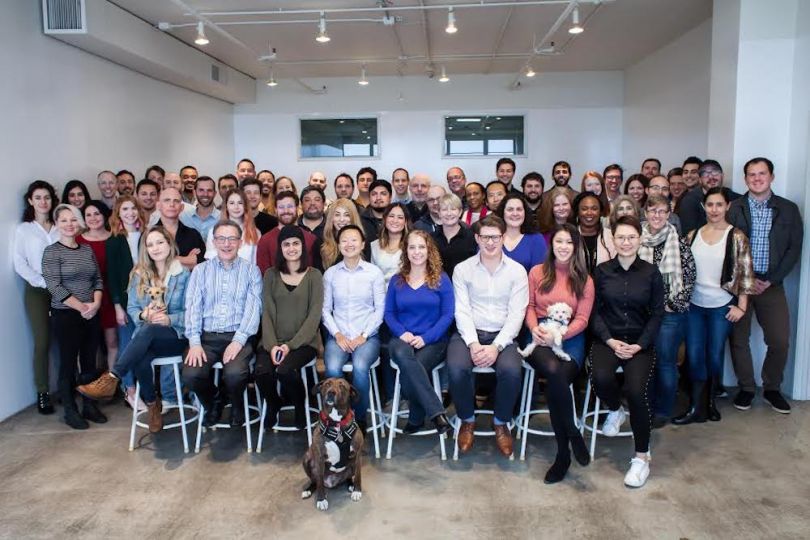
Starting a company is not as scary as you think it’ll be.
McFarland: If I could go back in time, I’d tell myself to take the leap sooner. I never set out to be an entrepreneur. The idea was kind of scary and daunting. But it’s not as big a risk as you think. Even if you fail, it’s not a failure. It’s going to lead to other opportunities. Once I realized that, I got comfortable with the idea. But I wish I believed in myself sooner.
I had ideas in my head of the worst-case scenario, but they weren’t true. I was worried that if it didn’t work out, I’d go bankrupt and leave my family homeless. But that was never going to happen. Had I realized that earlier on, I would’ve been so much more excited to get started.




